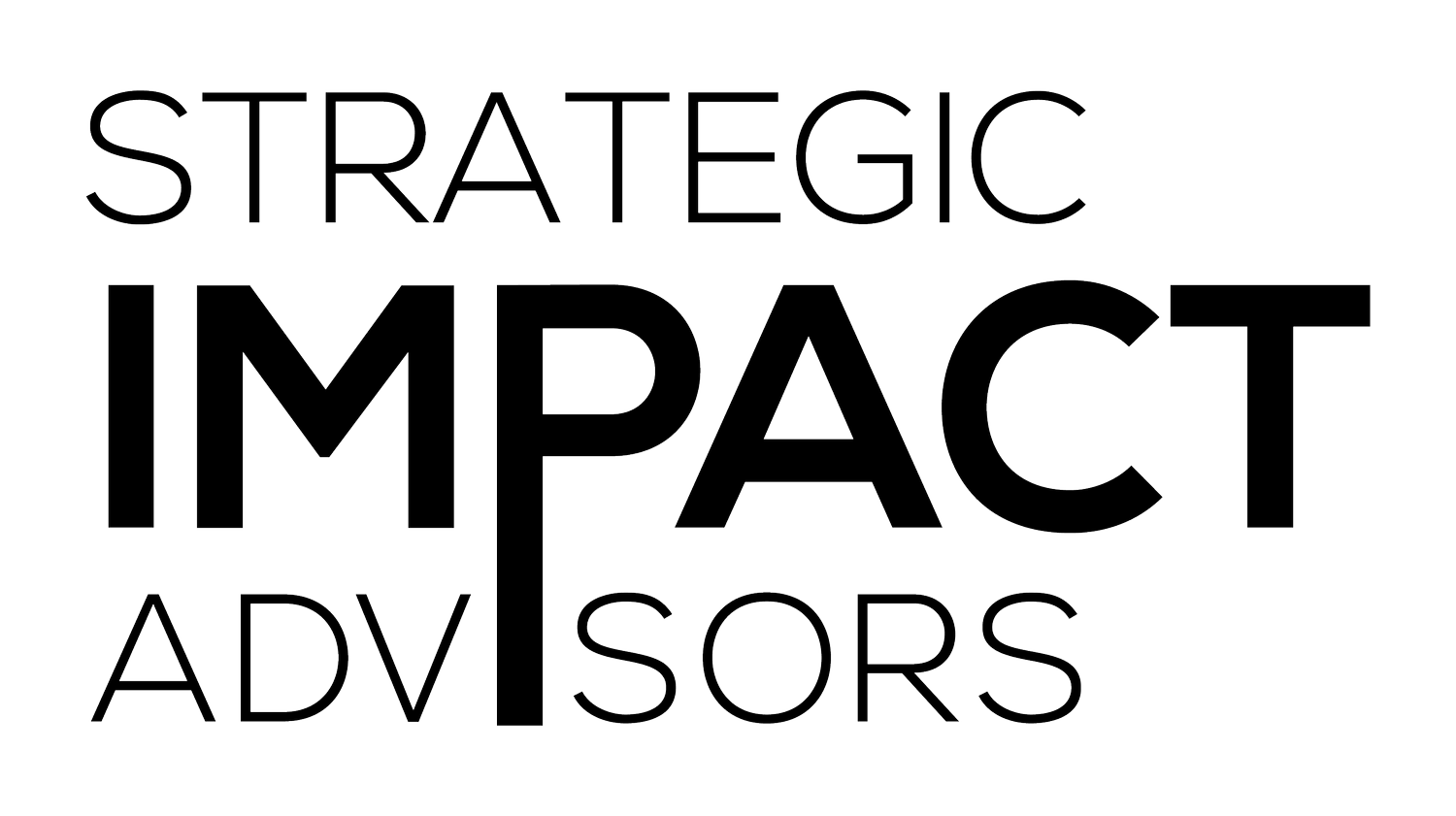
Humanitarian assistance
Since 2011, we’ve promoted financial inclusion and supported humanitarian response by expanding access to appropriate digital payment modalities.
Our work at the intersection of humanitarian assistance and digital financial services (DFS) includes convening governments and donors around advancing the use of DFS, managing grants to develop institutional preparedness, facilitating providers’ investment, and assessing the impact of DFS on humanitarian programming.
OUR EXPERTISE
-

Digitizing delivery
From research to implementation, we support humanitarian organizations in digitizing their delivery of humanitarian aid through DFS, including conducting research to understand the best form of DFS and the best service provider to partner with.
-

Research & analysis
We help clients understand the barriers to use of DFS in a humanitarian context and make recommendations for advancing digitized humanitarian aid delivery based on market research and analysis.
-

Framework development
We support organizations in designing frameworks and guidelines for the use of DFS in a humanitarian context.
-

Data innovation
We help clients consider new ways to use the data they have on program participants to improve cash and voucher assistance delivery and build out broader digital finance ecosystems.
RECENT WORK
-
Supporting Digital Payments in Cash Programming in Sudan
Client: FSD Africa, Norwegian Refugee Council
Location: Sudan
Date: February 2022 - September 2022We supported the Norwegian Refugee Council (NRC) in preparing for a digitizing humanitarian cash transfers project in Sudan through data analysis of the Connectivity, Needs and Usage Assessment (CoNUA) and private sector stakeholder mapping. Based on our analysis, we provided recommendations for how the humanitarian sector can improve access to financial services, particularly among displaced and low-income segments. Read our final report here.
-
Cambodia Digital Payments Assessment
Client: UNICEF
Location: Cambodia
Date: September 2021 - July 2022We supported UNICEF by mapping and assessing the existing infrastructure of payment services providers for cash transfer beneficiaries in Cambodia. The goal of the assessment was to fill in the existing knowledge gaps linked to available payment services, as well as understand beneficiaries’ experiences and feedback on the social assistance transfers.
-
Developing a Global Database of National Policy Frameworks, Laws and Regulations Related to the Financial Inclusion of Forcibly Displaced Persons
Client: AFI
Location: Global
Date: December 2020 - March 2021We supported efforts to develop a multi-country database of policy frameworks, laws and regulations for the financial inclusion of forcibly displaced persons to be integrated into the AFI Data Portal (ADP). Download the report.
-
Understanding Opportunities and Barriers to Digitizing Humanitarian and Social Assistance
Client: EFInA/FSD Africa
Location: Nigeria
Date: November 2020 - May 2021We drafted a report to better understand the opportunities and barriers to digitizing humanitarian and social protection transfers in Nigeria through an analysis of desk research, key informant interviews with mobile financial service providers, humanitarian organizations and government stakeholders, as well as focus group discussions with humanitarian and social protection cash transfer payment recipients. Download the report.
-
Developing the CBi Flagship Product on Complex Emergencies/Manmade Disaster
Client: Overseas Development Institute/Connecting Business Initiative (UN)
Location: Côte d’Ivoire, Kenya, Turkey
Date: 2018We developed a guidance toolkit and three short case studies to address gaps in the private sector’s role in complex emergencies and manmade disasters. This included ensuring the CBi and other private sector networks and initiatives in humanitarian action were evidence-based and highlighting the important role of international partners in supporting existing local private sector networks, particularly by sharing technical expertise and best practices.
-
Drafting the Barcelona Principles
Client: USAID
Location: Global
Date: 2015 - 2016We worked with OFDA, FFP and DFS teams from USAID to think through how its humanitarian programs could better influence the use of DFS within cash transfer programming. The work focused on: 1) developing the Barcelona Principles to guide the smarter use of digital payments, 2) a global analysis of DFS access point mapping activities, 3) capacity building materials, and 4) a grant that funded organizational preparedness for digital cash transfers.
